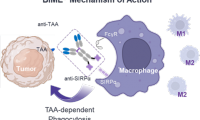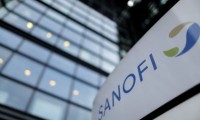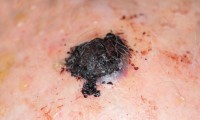-
Elpiscience and Astellas Enter into Research Collaboration and License Agreement for Novel Bispecific Macrophage Engager
- Source: drugdu
- 142
- January 2, 2024
-
Sanofi’s ‘SR604 Injection’ Approved in China, ‘Yipian Lida’ Supports Lipid Management with ‘Dual Standards’
- Source: drugdu
- 166
- January 1, 2024
-
Shanghai RAAS’s New Drug ‘SR604 Injection’ Clinical Trial Application Accepted
- Source: drugdu
- 139
- January 1, 2024
-
Boston Scientific initiates new Farapulse trial, expects FDA approval in 2024
- Source: drugdu
- 178
- December 30, 2023
-
Innovative Drug FXI Inhibitor SHR-2004 Injection Phase I Healthy Human Study Results Shine at ASH
- Source: drugdu
- 136
- December 30, 2023
-
Key Leadership Lessons for Biotech Executives from a Hospital Administrator
- Source: drugdu
- 161
- December 29, 2023
-
Pfizer’s Hospira recall spree bleeds into 2024 with product pulls for multiple hospital drugs in shortage
- Source: drugdu
- 191
- December 29, 2023
-
AstraZeneca to buy China’s Gracell Biotechnologies in $1.2 billion deal
- Source: drugdu
- 178
- December 28, 2023
-
Completion of Phase I Clinical Trial for GLP-1/GIP Dual Receptor Agonist (Injectable THDBH120) with First Subject Enrolled
- Source: drugdu
- 191
- December 28, 2023
-
Moderna and Merck’s Novel Cancer Vaccine, Keytruda Combo Cuts Risk of Skin Cancer Death, Recurrence by Half
- Source: drugdu
- 211
- December 27, 2023
your submission has already been received.
OK
Subscribe
Please enter a valid Email address!
Submit
The most relevant industry news & insight will be sent to you every two weeks.













